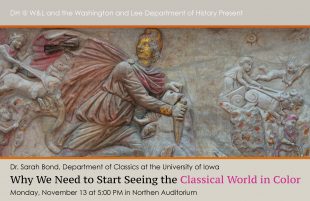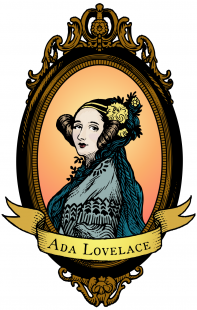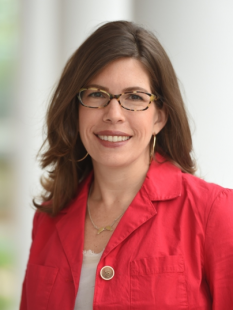In an industry dominated by men, Laura I. Gómez asserts herself as an influential tech whiz and diversity activist. CEO and Founder of venture-backed startup Atipica, Inc. and founding member of Project Include, Gómez has in many ways made it her life’s work to foster and promote equality within the thriving tech companies of Silicon Valley.
Forty years ago, Silicon Valley was filled with privileged white men who took risks to reach the tremendous success they see today. However, the power and opportunities still lie in the same few similar-looking hands. In her talk “Hard-Coded Problems: Sexism, Racism and Inequalities in Tech,” Gómez drew attention to the jarring fact that last year venture capitalists invested far less money in women-led startups ($1.46 billion) than men-led startups ($58.2 billion). Gómez begged the question: Who does this benefit?
The answer: no one.
Through statistics and examples of previous and current leaders in tech, Gómez showed us (an audience of W&L students, faculty and peers from all corners of campus) how hiring people from one’s own network without regard for diversity perpetuates the inequalities that have been there from the start. This perpetuation creates sameness and prevents new perspectives, open-mindedness and innovation, all of which result in well-rounded companies and products that better serve society and the common good. As they are now, many tech companies are not being held accountable for the biases and stereotypes that pervade their board rooms (or garages) due to their lack of diversity.
Atipica, Inc. and Project Include aim to change that. Atipica, Inc., a talent discovery engine that uniquely combines both artificial and human intelligence to help companies unlock the lifetime value of their talent data, builds automated, inclusive intelligence solutions for the modern workforce in an attempt at drawing attention to and ultimately resolving the problem of inequality within industries. Project Include, a non-profit that uses data and advocacy to promote inclusion solutions in the tech industry, creates a framework for combating inequality in the tech industry in a way that does not point fingers or chastise any particular person or group.
Through her work, Gómez emphasizes the importance of change. She works towards adapting the future to fit the changing modern workforce, not only in terms of race, gender and age but in terms of attitudes. She also promotes the idea that when people speak up and advocate for change, it happens.
Finally, Gómez’s talk left me with the impression that this change is hard but necessary. The problems of sexism, racism and inequality are hard-coded, or basically unchangeable. Just as hard-coded features are built into hardware or software in a way that cannot be modified, Gómez believes inequality in tech is unchangeable. Well, almost. While the mistakes, biases and inequalities of the past are so ingrained in the foundation of Silicon Valley that they are difficult to ameliorate in the present, it is time to accept this challenge. We, as members of a diverse society, must go back to the code base, reevaluate previously held beliefs, and make changes to the code and to the processes of hiring employees and evaluating diversity in the future.
To start: everyone should get involved, learn code and have fun!
-Jenny Bagger, DH Undergraduate Fellow
This event was sponsored by the Roger Mudd Center for Ethics at Washington and Lee University. It was part of the 2017-18 Equality and Difference Speaker Series.


